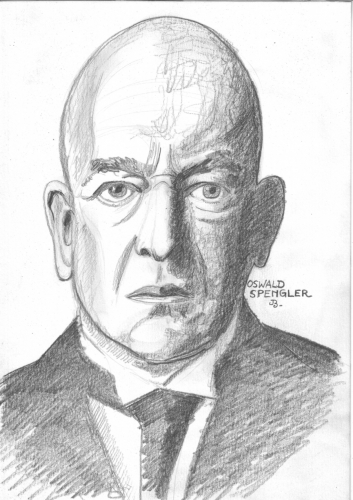Discussion on postmodernism and truth. Post modern definition, philosophy quotes and ideas from famous postmodern philosophers (Ayer, Nietzsche, Wittgenstein, Popper, Kuhn, Derrida, Lyotard). On the end of postmodernism and rise of realism of the Wave Structure of Matter.

The Origin of Philosophy: The Attributes of Mythic/ Mythopoeic Thought. The pioneering work on this subject was The Intellectual Adventure of Ancient Man, An Essay on Speculative Thought in the Ancient Near East by Henri Frankfort, H.A. Frankfort, John A. Wilson, Thorkild Jacobsen, and William A. Irwin (University of Chicago Press, 1946, 1977 — also once issued by Penguin as Before Philosophy).
Russian literature, the body of written works produced in the Russian language, beginning with the Christianization of Kievan Rus in the late 10th century. The most celebrated period of Russian literature was the 19th century, which produced, in a remarkably short period, some of the indisputable



Mollie Hemingway Senior Editor, The Federalist. Mollie Hemingway is a senior editor at The Federalist and a Fox News contributor. She received her B.A. from the University of Colorado at Denver. She has been a Philips Foundation Journalism Fellow, a Lincoln Fellow at the Claremont Institute for the Study of Statesmanship and Political Philosophy…
Mereological nihilism (also called compositional nihilism) is the position that objects with proper parts do not exist (not only objects in space, but also objects existing in time do not have any temporal parts), and only basic building blocks without parts exist, and thus the world we see and experience full of objects with parts is a product of human …


Philosophy and literature involves the literary treatment of philosophers and philosophical themes (the literature of philosophy), and the philosophical treatment of issues raised by literature (the philosophy of literature).
Russian Philosophy. This article provides a historical survey of Russian philosophers and thinkers. It emphasizes Russian epistemological concerns rather than ontological and ethical concerns, hopefully without neglecting or disparaging them. After all, much work in ethics, at least during the Soviet period, strictly supported the state, such that …


Philosophy is the systematic study of the foundations of human knowledge with an emphasis on the conditions of its validity and finding answers to ultimate questions. While every other science aims at investigating a specific area of knowledge, such as physics or psychology, philosophy has been defined as “thinking about thinking.”At the same …
A CONCISE FORMULATION: Two opposing tendencies are peculiar to Russian philosophy: one asserts the primacy of generalization and unification as tools for religious and historical transformation of reality and leads to ideocracy and totalitarianism; another defends the unsurpassable value of individuality and reveals the relativity and …

Avoiding the Issue. A reasoner who is supposed to address an issue but instead goes off on a tangent is properly accused of using the Fallacy of Avoiding the Issue.
